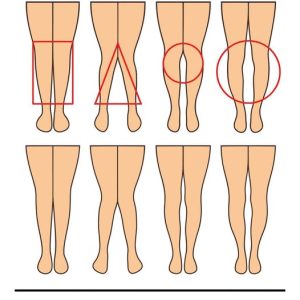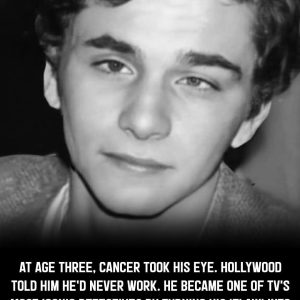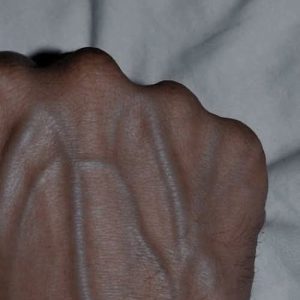When Your Partner Turns Away After Intimacy — What It Might Really Mean
You’ve just shared an intimate moment with your partner, and suddenly, they turn away. It can feel confusing or even hurtful, leaving you to wonder if you did something wrong. But this reaction doesn’t always signal a problem.
Sometimes, turning away is simply about needing a moment to breathe or reset. After emotional or physical closeness, some people need space to collect their thoughts or settle their energy. Understanding this natural rhythm can prevent unnecessary worry.
Other times, it’s about comfort. After physical connection, the body might crave rest, cool air, or a change in position. It may have little to do with emotion and more to do with physical needs like temperature or muscle tension.
For some, it’s emotional self-protection. Intimacy can feel overwhelming, especially for those who struggle with vulnerability. Turning away might be a way to create safety rather than rejection—they may need time to process feelings before reconnecting.
In other cases, it’s simply routine. Many people have bedtime habits or preferred sleeping positions that carry over after intimacy. If your partner always sleeps the same way, it could be nothing more than habit.
Of course, sometimes turning away could reflect emotional distance. If it becomes a frequent pattern and feels cold or disconnected, it might be time for a calm, honest conversation about what’s really going on.
The key is awareness, not assumption. Notice the pattern, stay present, and communicate gently when the moment feels right. Intimacy is as much about emotional safety as physical closeness. By staying curious—not critical—you keep the space open for connection instead of misunderstanding.




